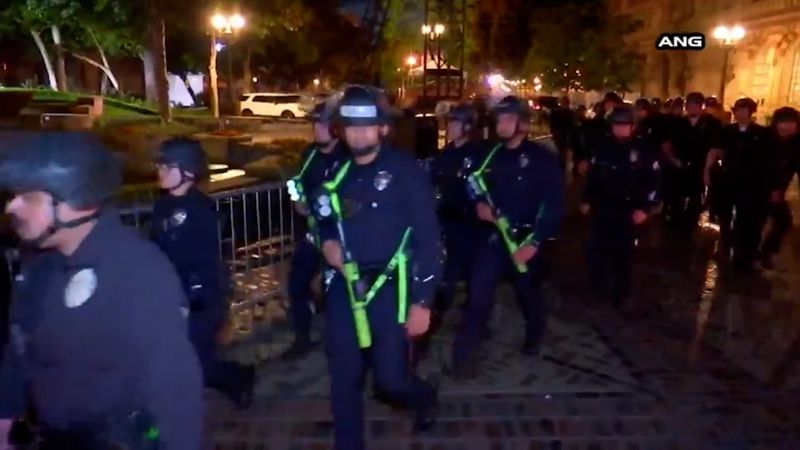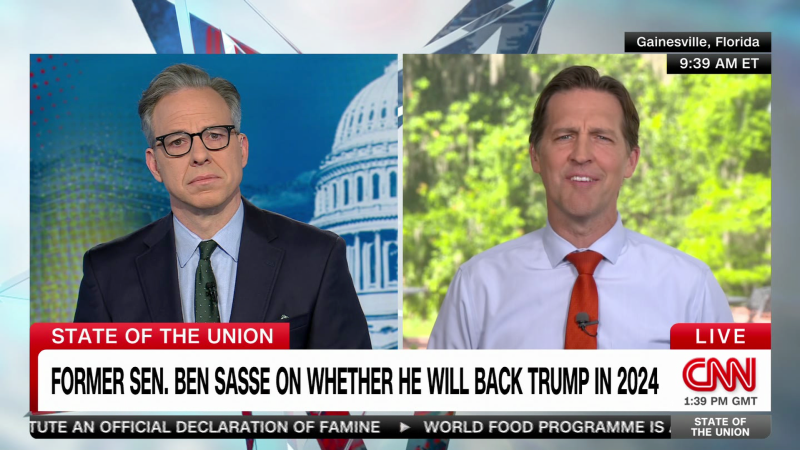As word spread of a new city policy that will limit shelter stays to 60 days at a time for adult male migrants, asylum seekers are angry and worried about ending up in the streets.
Mayor Eric Adams on Wednesday announced a new city policy that will boot single male migrants from shelters — he says to make way for migrant families and alleviate the stressed, overburdened system.
Those who fall under the policy have 60 days to find “alternative housing.” If they can’t, they must leave their shelter and return to the city’s migrant intake center at the Roosevelt Hotel in Midtown Manhattan, where they’ll be able to reapply for shelter. The Adams administration says the migrants will be able to reapply, and find beds in the shelter system again.
:quality(70)/cloudfront-us-east-1.images.arcpublishing.com/tronc/ED7WBCMT2BHDTID2VXKZERUIPA.JPG)
But migrants staying in a shelter in Midtown told the Daily News the new rule is yet another hurdle to building a life for themselves in New York City.
“It’s too short,” Ricardo Perez, 32, said of the 60-day limit. He gestured up at the building where he is staying, the Candler Building in Midtown, just off Times Square. The skyscraper is one of more than a dozen humanitarian emergency response and relief centers in the city.
“After those 60 days, what are they going to do with all the people who are up there? Where are they going to put them? Where will we go?”
Without legal job prospects, family or friends in New York and almost nonexistent paths to more permanent living arrangements, they are worry they will wind up sleeping on the streets.
Perez said he dreams of eventually getting an apartment and job of his own, but can’t save up by working jobs that last just a couple days.
“Most of us don’t have work,” he said. “I don’t want to sleep on the street. How is this right? I’m alone here. I don’t have a job right now. What if I don’t get a job? And here at 60 days, where am I going to go? Where?”
Migrants have no guarantee of getting a new bed right away. Adams said that more than 90,000 migrants have arrived since last spring, and that nearly 55,000 are currently in the city’s shelter system. The city shelter system is currently at capacity with more than 100,000 people, according to city estimates.
:quality(70)/cloudfront-us-east-1.images.arcpublishing.com/tronc/SBS6IUFIPFB3FG5KJK5HPUB64M.JPG)
“Of course I’m afraid of what will happen after the 60 days are up,” said Andres Sanchez, 26, an asylum seeker from Venezuela. “I left my country for this. I paid a coyote. I barely have what’s necessary to buy food, shampoo. But how do I explain it? It can’t scare me, because I’m used to it. We are already used to change. Our parents taught us that — get used to the bad.”
Sanchez arrived in New York 10 months ago. He’s stayed at two shelters, and worked more odd jobs than he can keep track of.
He fled violence in Venezuela nine years ago, making his way through Colombia, Chile and Brazil before deciding to take his chances and move to the United States. He went to Miami first, because a friend there was supposed to have a job waiting for him. The job fell through, so he headed north to New York.
Now, he hawks cold drinks on Coney Island, walking the beach and the boardwalk.
“That’s the way it is, just one thing after another,” Sanchez said of the new policy. “If we get kicked out, it would be like it is already, just a little more. You don’t know if you will go to bed today and be dead by dawn tomorrow. Now, we’ll be sleeping on the street.”
He said that he thinks the mayor put the law in place to encourage migrants to find permanent work. He’s optimistic he’ll be able to at some point — but the free accommodation is the only way he’s able to pay for lunch and a bottle of water when he’s out looking for work, and how he’s able to send money home to his family.
“If I had known all this was happening, I don’t know if I had to take the risk [of coming to New York],” Sanchez added. “The government is already saying no, they’re not helping us, if we come alone.”
:quality(70)/cloudfront-us-east-1.images.arcpublishing.com/tronc/OWYVLG4W35CPZIWIELUNDMHE3M.JPG)

Breaking News
As it happens
Get updates on the coronavirus pandemic and other news as it happens with our free breaking news email alerts.
Asylum seekers staying in the city’s Humanitarian Emergency Response and Relief Centers were the first to be informed of the new limit.
Yovani Flores, 26, warned that migrants may push back on the city when the 60 days are up for the first group who will be kicked out of their spots in the shelter.
“We also have to cooperate, because if it weren’t for the government, none of us would be here,” Flores, who’s originally from Venezuela, said. “It’s very sensitive, because here they ask for a visa, and we don’t have a visa and passport. I think people who don’t understand them, they’ll want to fight.”
Earlier this year, when the city announced that migrants who were staying at the Watson Hotel in Hell’s Kitchen would be rehoused at a cruise terminal in Red Hook, dozens of migrants protested by sleeping on the street outside the hotel.
:quality(70)/cloudfront-us-east-1.images.arcpublishing.com/tronc/VBWR55HE7VCYRJUUGDEKQZY5WI.JPG)
“If we can’t keep sleeping here, and that’s when things will get the ugliest, if that happens,” Flores said. “Because when the cold comes, in the winter, we’ll all be out in the streets. What happens then? Will the government open more shelters again to re-house us?”
Flores is angry with the mayor — he feels the new rule has an implication that migrants are not working or trying to get a better life.
“I constantly work to get paid weekly or monthly, he said. “I pay for it because our goal isn’t that we are going to work to spend money on clothes and then we get to go back here to sleep, because we’re not paying for it. [The city] wants to tell us, don’t get used to that… “But it’s a little difficult for me. I don’t have a consistent job. And if I work, I have to send the money home. That doesn’t give me a base for me to look for an apartment or a lease.”





:quality(70)/cloudfront-us-east-1.images.arcpublishing.com/tronc/SBS6IUFIPFB3FG5KJK5HPUB64M.JPG)
More News
15-year-old charged with gun possession after Brooklyn man fatally shot in BMW
New York Daily News front pages for May 2024
Fashion at the 2024 Kentucky Derby